By Sonia Hernández
Associate Professor of History, Texas A&M University
National Endowment for the Humanities Grant to Honor and Reflect Upon State-sanctioned Violence and Civil Rights Legacies in Texas
As a historian I’ve spent the last decade and a half reflecting on the past. This ‘past’ which I have examined has included women’s labor, forms of labor activism, the relationship between borders and (trans) nation-states, as well as state-supported, encouraged, and initiated violence on communities of color. I never thought that I would be witnessing—in the 21st century—state-encouraged violence as we saw a couple of days ago in Charlottesville, Virginia. If the President of the United States does not explicitly disavow such violence, then by default, the head of state is sanctioning it.
Ninety years ago, in our beloved state of Texas, a border native and the only Mexican American serving in the state legislature, José Tomas ‘JT’ Canales called for an investigation into state-sanctioned violence unleashed on the predominantly Mexican-origin community in the state’s southern border with Tamaulipas and Nuevo León. The 1919 public inquiry exposed the violence committed by the Texas Rangers—the state’s elite agency—during the previous decade against the Texas Mexican border community. The 1919 Canales Investigation into Texas Ranger Violence and its civil rights legacy will finally be publicly recognized. The National Endowment for the Humanities (NEH) believed in the importance of this event as a significant turning point in the history of Civil Rights in modern American history. The call for an investigation by the Brownsville attorney and member of the Tejanoelite was prompted by the widespread killing (lynching, shooting in the back) of Mexican Americans and Mexican nationals working and residing in south Texas during the 1910-1920 period. Harper’s Weekly reported that the killing of these ethnic Mexicans made it seem “as if it were open-gun season on Mexicans.”
The project, “Reverberations of Memory, Violence, and History: The Centennial of the 1919 Canales Investigation” places this traumatic event in our nation’s history at the center of a public conversation and grows out of the larger efforts of the Refusing to Forget (RTF) team. As other RTF projects, the scholars involved in this endeavor seek to show that violence exemplified deep socio-economic transformations at a particular historical moment. We also want to show the legacies of the response to such violence by Canales and others. As historians we must engage everyone in our communities to mark the centennial of this remarkable investigation. The NEH grant will be used to host a two-day conference about the 1919 Canales Investigation and its legacies. The research presented by national and international experts in this field will be featured in a scholarly edited volume; this will be the first anthology on this timely topic.
We hope that by reflecting upon this particular episode in our history, we can shift the public conversation about the way in which we study violence and civil rights, about community resilience, and about the state’s role in encouraging violence. That a federal agency is funding such initiative is a first step towards full acknowledgement of state-sanctioned violence. And, we are hopeful that these public conversations can help us not only reflect upon such violence but help us all heal profound wounds. “Reverberations of Memory, Violence, and History,” in all its facets, brings to the forefront a border community often left on the margins of national history. We hope that this public conference can also help us grapple with and survive this new, 21st century and modern state-sanctioned violence plaguing our communities and nation.
The proposed conference will take place in the early Spring of 2019 at Texas A&M University.
“Any views, findings, conclusions, or recommendations expressed in this forthcoming conference and subsequent edited volume, do not necessarily represent those of the National Endowment for the Humanities.”


